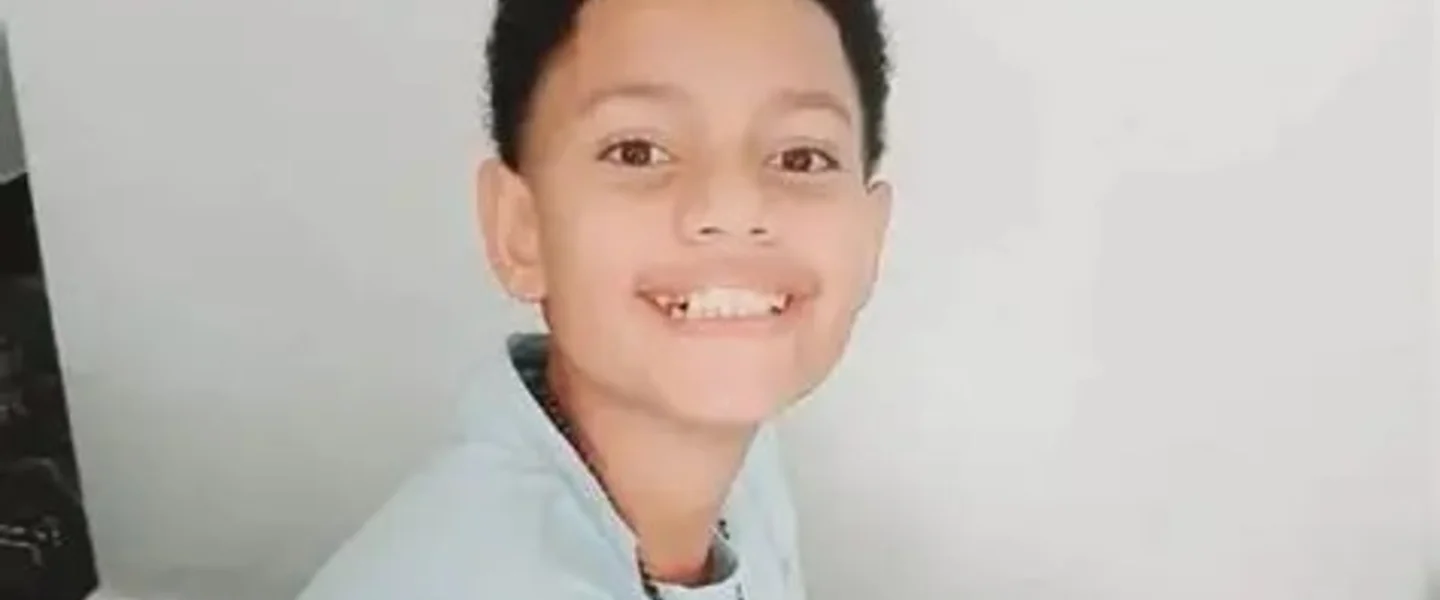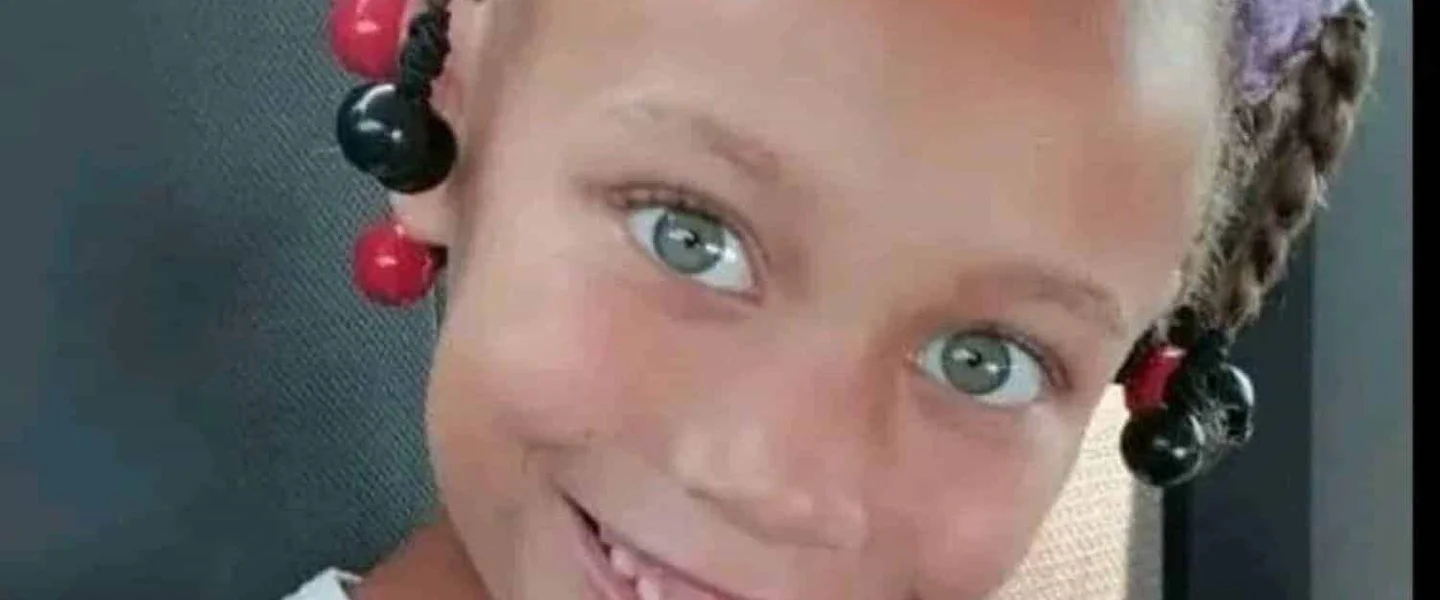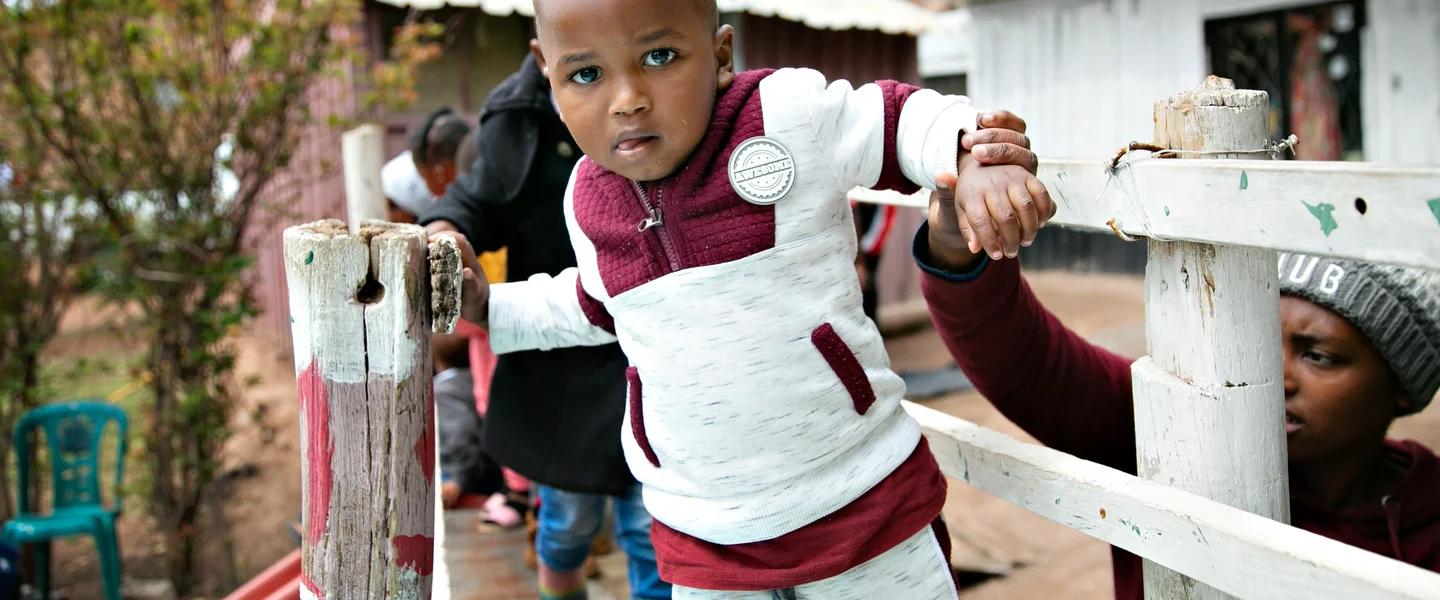The South African Schools Act of 1996 contains a landmark clause (section 10) which prohibits the use of corporal punishment in all educational institutions across the country. Nineteen years on, and despite a comprehensive legal framework meant to protect children, South African children continue to be exposed to high levels of violence in the form of corporal punishment. The 2012 School Violence in South Africa Study reflects that almost 50% of learners in the survey had experienced corporal punishment at school. The highest increase from 43.6% in 2008, to 63.5% in 2012 was noted in Mpumalanga. However, recorded levels do not always accurately reflect the full extent of the problem as many cases go unreported because children fear victimisation. Cases that do get reported are because they are too serious to be ignored. Corporal punishment has long-lasting effects on a child’s skills, reasoning and emotional intelligence and in extreme cases, has led to disability or death.
According to Divya Naidoo, Save the Children South Africa Programme Manager, “we developed a comprehensive programme that aims to provide educators with a better understanding of the legal framework and effects of corporal punishment, and techniques and strategies for prevention and promotion of positive discipline. Save the Children South Africa has partnered with organisations such as Child Welfare, Sonke Gender Justice and the Department of Basic Education to roll out a series of seminars and training programmes across the country - including KwaZulu-Natal, Western Cape, Gauteng, Limpopo and the North West, with upcoming events in Mpumalanga and the Eastern Cape.”
Collaborating with the Department of Basic Education is significant in terms of the size and scope of the programme, bringing together the positive discipline expertise of Save the Children South Africa’s facilitators with the situational knowledge and reach of the DBE, who are able to highlight specific districts where corporal punishment has been widespread.
Furthermore, Save the Children South Africa has brought on board highly skilled guest speakers including Dr Daya Chetty, secretary general of the South African Principals’ Association and Ms Sonia Vohito, Africa Project Coordinator for the Global Initiative to End All Corporal Punishment, as well as local principals who have transformed schools riddled with violence, corruption and mismanagement.
The recent incidences of corporal punishment in the 7 Mpumalanga schools reflects the need for Save the Children South Africa’s interventions in these areas. Our next seminar, organised in collaboration with the Mpumalanga Department of Basic Education is scheduled for 21 October 2015 in Nelspruit. This seminar, like the others, will be bringing together key stakeholders from SAPA and senior level educators to discuss challenges in schools and collaborate on strategies to move forward only using positive discipline strategies.
End
About Save the Children South Africa
Save the Children South Africa is a local organisation fighting for the rights of children in South Africa; helping them fulfil their potential and working together with partners to achieve immediate and lasting change in children’s lives. Save the Children South Africa is part of the world’s largest independent development and child rights organisation represented in 120 countries worldwide.
For interviews and further information, please contact: Asanda Magaqa, Media Relations Manager, Save the Children South Africa Tel: 012 430 7775


